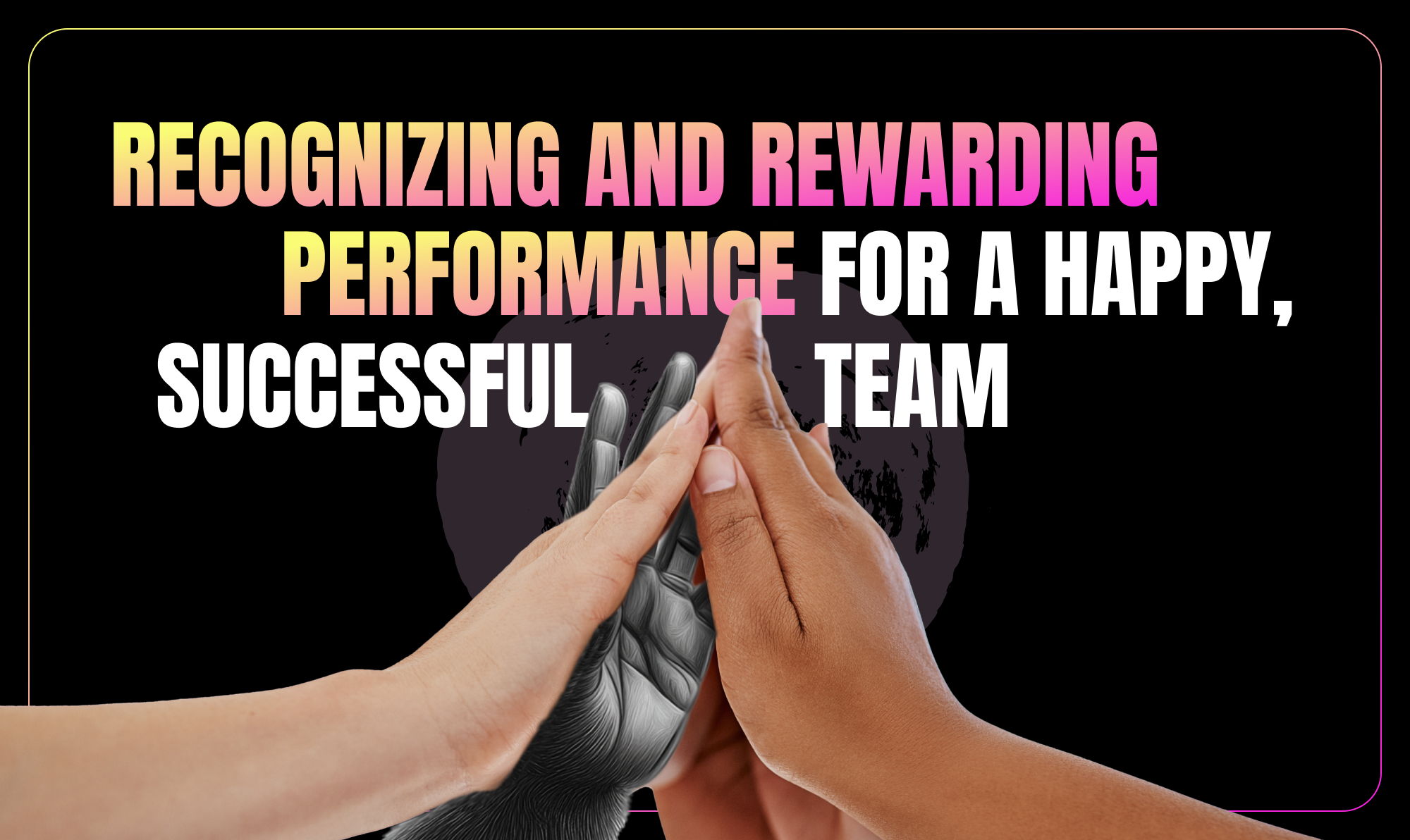
Boost employee engagement and reduce turnover with effective performance recognition strategies. Learn how to create a supportive work culture and reward your team beyond just salary.
Source: The Society for Human Resource Management (SHRM)
In today's competitive business landscape, your most valuable asset isn't your technology—it's your people. While AI tools can supercharge productivity, nothing replaces the human spark of motivation that comes from genuine recognition and meaningful rewards.
Performance recognition isn't just a nice-to-have—it's a critical strategy for maintaining a high-performing, engaged workforce. Yet, the current state of workplace recognition is sobering. According to Gallup's 2022 "State of the Global Workplace" report, only 21% of employees strongly agree they are recognized for doing good work.
When we talk about recognition, we’re talking about far more than simply offering the most competitive salary or bonus structure. We’re talking about wanting your staff to not only really want to work for your organization - but being proud to do so. Research from Gallup suggests it’s more than just hard numbers that result in an unhappy workforce:
Did you know...
According to Gallup, there are three core relationships impacted by employee engagement:
One of the most important teams to show recognition to is the sales team; they’re the ones feeding cashflow into the business. It’s your sales team who cultivate that first client relationship, they engender that first spark of trust and they’re your brand ambassadors for that first touchpoint.
Unfortunately, the sales team can often be one of the first to be taken for granted. When everything’s going great, the sales team are just doing their job. When things are slow, they’re not working hard enough. Whilst an alignment between Sales, Data and Marketing is always essential, that alignment will be more natural between motivated and engaged employees.
Did you know...
42% of employees who voluntarily left their organization in the past year report that their manager or organization could have done something to prevent them from leaving their job.
We’ve already referenced lots of research that proves the value of recognition and happy staff so it stands to reason this flows throughout any organization. From interns to C-suite, everyone (or at least, as many people as possible), should feel valued, included and aware just how important their input is.
Whilst hard metrics can be easily quantified in the world of marketing, it’s a creative channel which means other areas should be recognized:
Even the most beloved organization in the world is going to get unhappy customers and it’s your customer support staff who bear the brunt of this. Make sure you’re celebrating more than just volume of tickets processed:
No one's selling anything and there will be no customers needing support if the product isn’t developed. Whilst this team can often by quite insular, the engagement is as crucial as any other department:
Gallup’s research has already proven that though important, high salary alone isn’t the be all and end all for many workers. In fact, rewards and recognition don’t always have to be monitory at all.
It’s often the middle management that have the most potential to recognise and acknowledge great performance, yet it’s often staff at this level that gets the most overlooked themselves.
Did you know...
Middle managers are among organizations’ most valuable assets. However, they are often underappreciated, sometimes even to the point of being considered unnecessary.
Creating a robust recognition program can transform your workplace. The Society for Human Resource Management (SHRM) found that comprehensive recognition programs can reduce workplace frustration by 28%.
Key steps include:
The Human Workplace Index reveals that just five moments of recognition per year (that’s less than one “thank you” every two months), reduces voluntary turnover by 22%. And when it comes to where to focus, the same research also reveals that POC and women report feeling less valued than their white, male counterparts.
If you’re recognizing a job well done, it’s important to mean it too. Generic platitudes are transparent and formulaic reward incentives are no longer cutting it. Over one third of staff don’t feel the recognition they receive is authentic.
Recognition isn't an expense—it's an investment in your most critical resource: your people. By creating a supportive environment that celebrates achievements, you're not just improving performance. You're building a culture of continuous improvement and mutual respect.
At SalesAPE, we understand that while our AI can handle routine tasks, human potential is truly unlimited when people feel valued, supported, and motivated.